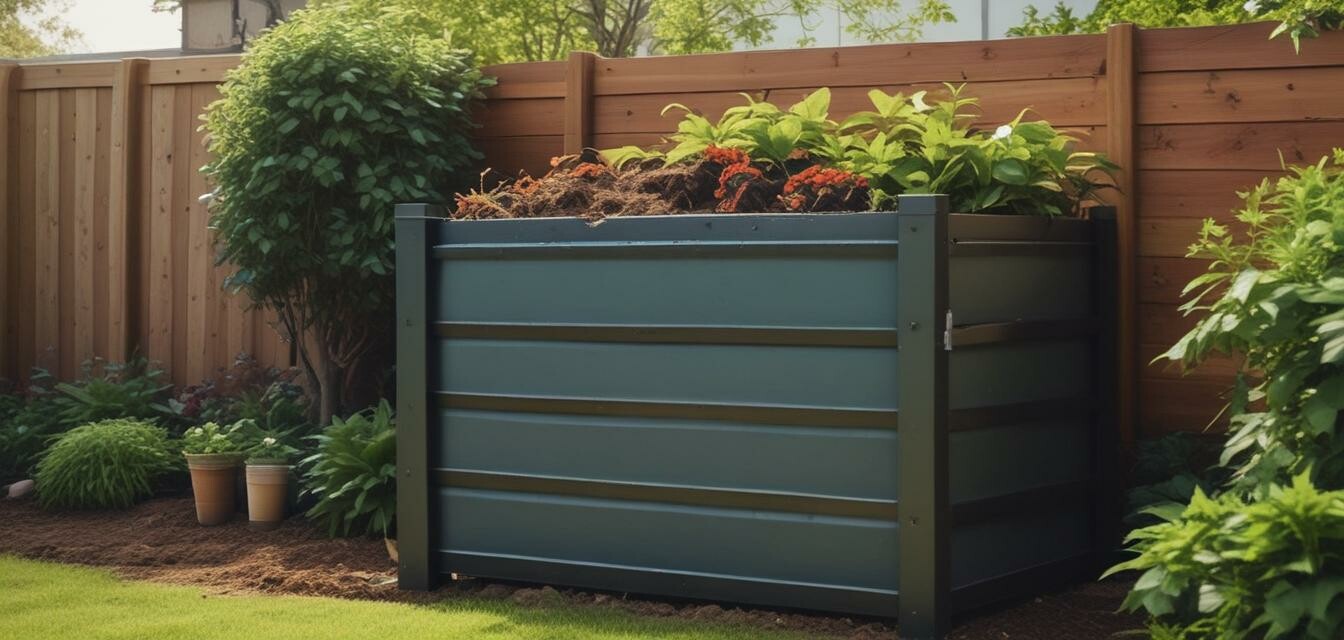
Comparing Open Air Composters: Pros and Cons
Key Takeaways
- Open air composters are cost-effective and simple to use.
- They can accommodate large volumes of organic waste.
- These composters may require more maintenance and monitoring than other types.
- Environmental factors like temperature and moisture must be managed effectively.
- Open air composting can attract pests if not managed properly.
Open air composters are a popular choice for many gardeners and eco-conscious individuals looking to recycle organic waste effectively. In this article, we will delve into the pros and cons of using open air composters, helping you to make a more informed decision. Understanding the benefits and downsides is crucial, especially if you’re venturing into organic gardening or sustainable living.
What is an open air composter?
An open air composter is essentially a designated area where organic waste is piled and naturally decomposes over time. Unlike closed composters or bins, these systems allow for maximum airflow, which helps break down materials more efficiently. They can be made from various materials, including wood, wire, or even simple piles in the garden.
Pros of open air composters
Pros
- Cost-effective: Open air composters can be constructed inexpensively using pallets or other readily available materials.
- High volume: They can handle large quantities of organic matter, making them suitable for disposing of yard waste.
- Easy access: It is simple to add or remove materials from the compost pile.
- Enhanced aeration: The exposure to air helps speed up the composting process.
- Encourages biodiversity: Open air composters can attract beneficial organisms that aid in decomposition.
Cons
- Requires management: Maintaining moisture and temperature levels can be challenging in open air composters.
- Potential pest attraction: If not monitored, they may attract animals or insects.
- Weather-dependent: Extreme weather conditions can hinder the composting process.
- Odor issues: Improperly managed piles can produce unpleasant smells.
- Longer decomposition time: Compared to closed composters, the process can take longer due to exposure to varying environmental factors.
Comparison Table
| Feature | Open Air Composter | Closed Composter | Worm Composting Bin |
|---|---|---|---|
| Cost | Low | Medium | Medium-High |
| Volume Capacity | High | Medium | Low |
| Maintenance Effort | Moderate | Low | Low |
| Speed of Decomposition | Slow | Fast | Medium |
| Odor Control | Poor | Good | Good |
| Pest Attraction | High | Low | Low |
Choosing the Right Composter for Your Needs
When considering an open air composter, it’s vital to evaluate your specific needs and garden conditions. Factors like available space, the volume of waste, and commitment to maintenance will guide your decision. If you are new to composting, you may also find our guide on buying composters helpful.
Maintenance Tips for Open Air Composting
Beginner Tips
- Regularly turn your compost pile to enhance aeration and speed up decomposition.
- Monitor moisture levels. The compost should feel like a damp sponge.
- Add a balanced mixture of green (nitrogen-rich) and brown (carbon-rich) materials.
- Consider building a barrier to keep pests away.
- Be patient; open air composting takes time.
Conclusion
Open air composters are an eco-friendly choice for those looking to recycle kitchen scraps and yard waste effectively. While they have their pros and cons, with careful management, they can be a valuable asset to any garden. If you’re looking for information on other types of composters, check our guide on worm composting bins or open air composters. Making an informed decision about what composter suits you best will greatly enhance your gardening experience.